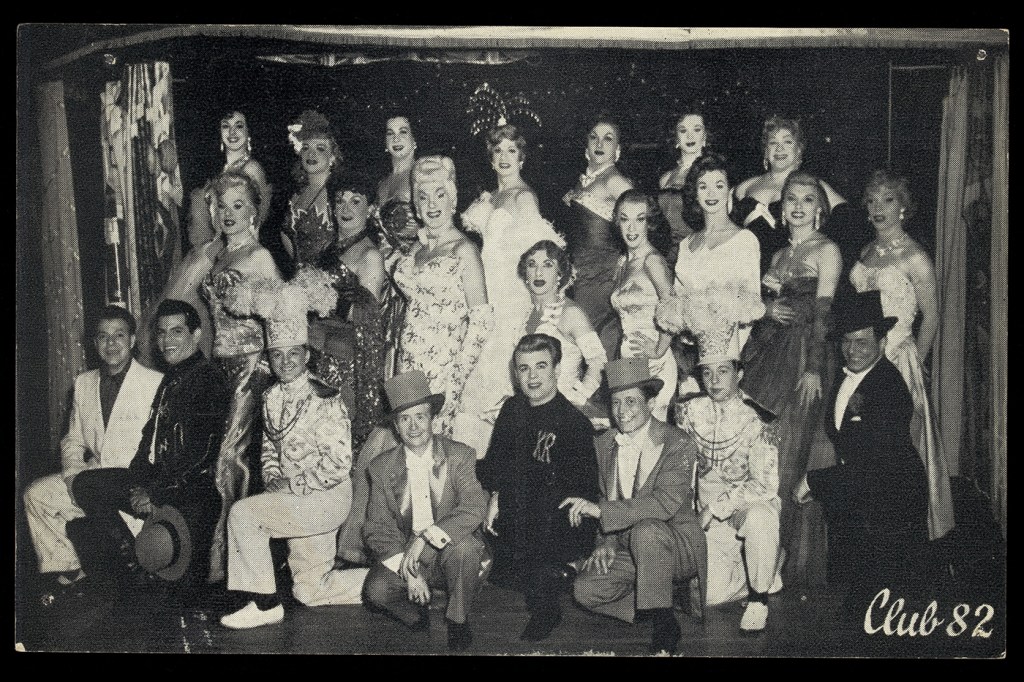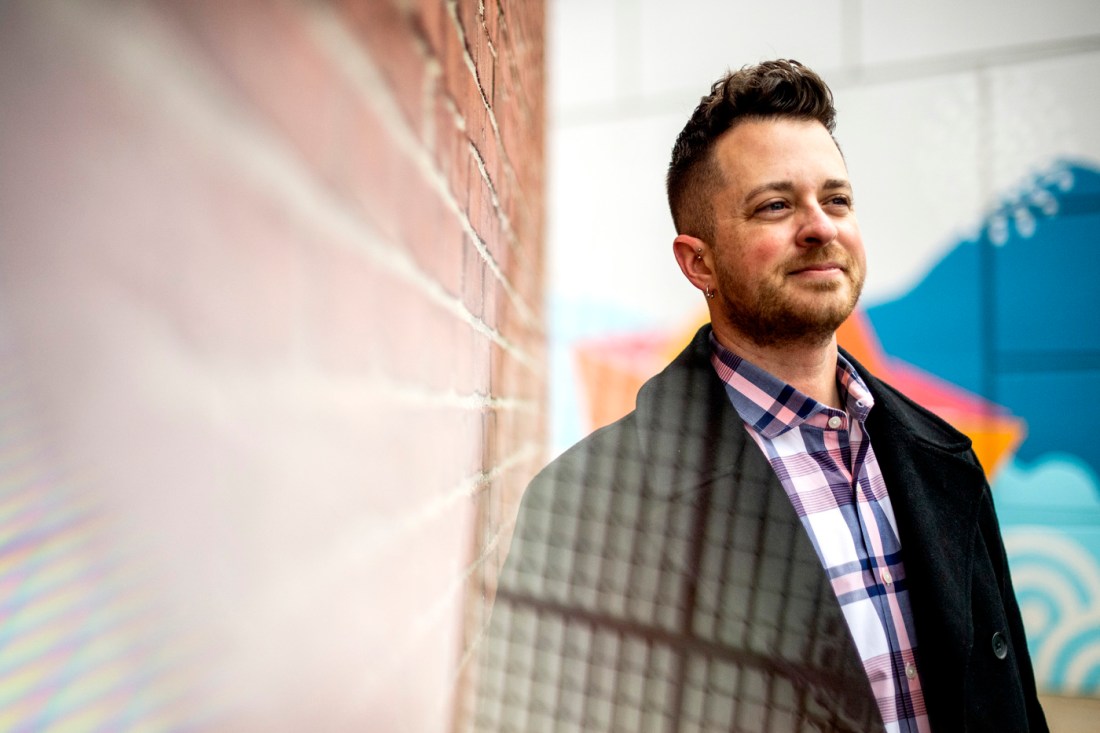Northeastern’s Digital Transgender Archive expands to the West Coast
The university’s free, publicly available archive of trans history will soon have a lab in Oakland, providing rich opportunities for faculty and student researchers to expand the DTA’s reach.

Northeastern University’s Digital Transgender Archive is heading to the West Coast.
Courtesy of a $500,000 Mellon Foundation grant, the DTA, a free, publicly available archive of more than 10,300 digitized historical documents telling the histories of trans people, will be opening a new lab on Northeastern’s Oakland campus.
K.J. Rawson, DTA project director and professor of English and women’s, gender and sexuality studies at Northeastern, says that although the archive is completely digital, the DTA has lab space in Boston where researchers, including Northeastern co-ops, work. Having a West Coast lab “opens up so many more possibilities,” Rawson says.

“It’ll give us more opportunities to see what new partnerships we can develop in the community and what students can really do when they have more space and more opportunity,” Rawson says.
The grant will allow the DTA to hire an Oakland-based assistant director who will lead the West Coast lab, hire new co-ops and hourly student workers and expand and foster new connections with archives in the Bay Area and beyond. It will be much easier to send the assistant director and other DTA staff down to Los Angeles or up to Seattle, for example, to establish connections with archives than it would be for Rawson to jet set over from Boston.
However, having a foothold in the Bay Area is important in its own right, Rawson says. The DTA has over 80 partnered archives in 10 countries, several of which are in the Bay Area already, a region rich with trans history.
“What this will allow us to do is it puts the lab in much closer proximity to not only those materials but to those historic sites and then it opens up lots of opportunities for new research as well,” Rawson says.
Rawson says the DTA aims to soft launch its Oakland lab in spring 2025, with a full launch set for fall 2025. And he already has his eye on a future beyond Oakland and the U.S.: opening a DTA lab on Northeastern’s London campus.
However, the focus in Oakland is not just expanding the DTA’s reach, Rawson says, but deepening the relationships it has already established with archives in the Bay Area.
For a project that is concerned with archival materials related to such a marginalized community, having that local connection is invaluable, Rawson says.
“Especially when you’re thinking about collecting materials related to oppressed communities, there’s a real distrust from outsiders swooping in to gather materials and have extractive relationships,” Rawson says. “Really making sure to have a local setup built and to really develop relationships with local archives and local communities is very key to the way that we approach this work.”
“As a researcher, it’s hard for me to even fathom it being possible in other institutional contexts, and the way that it can open up the project is just so exciting to me,” Rawson says.





